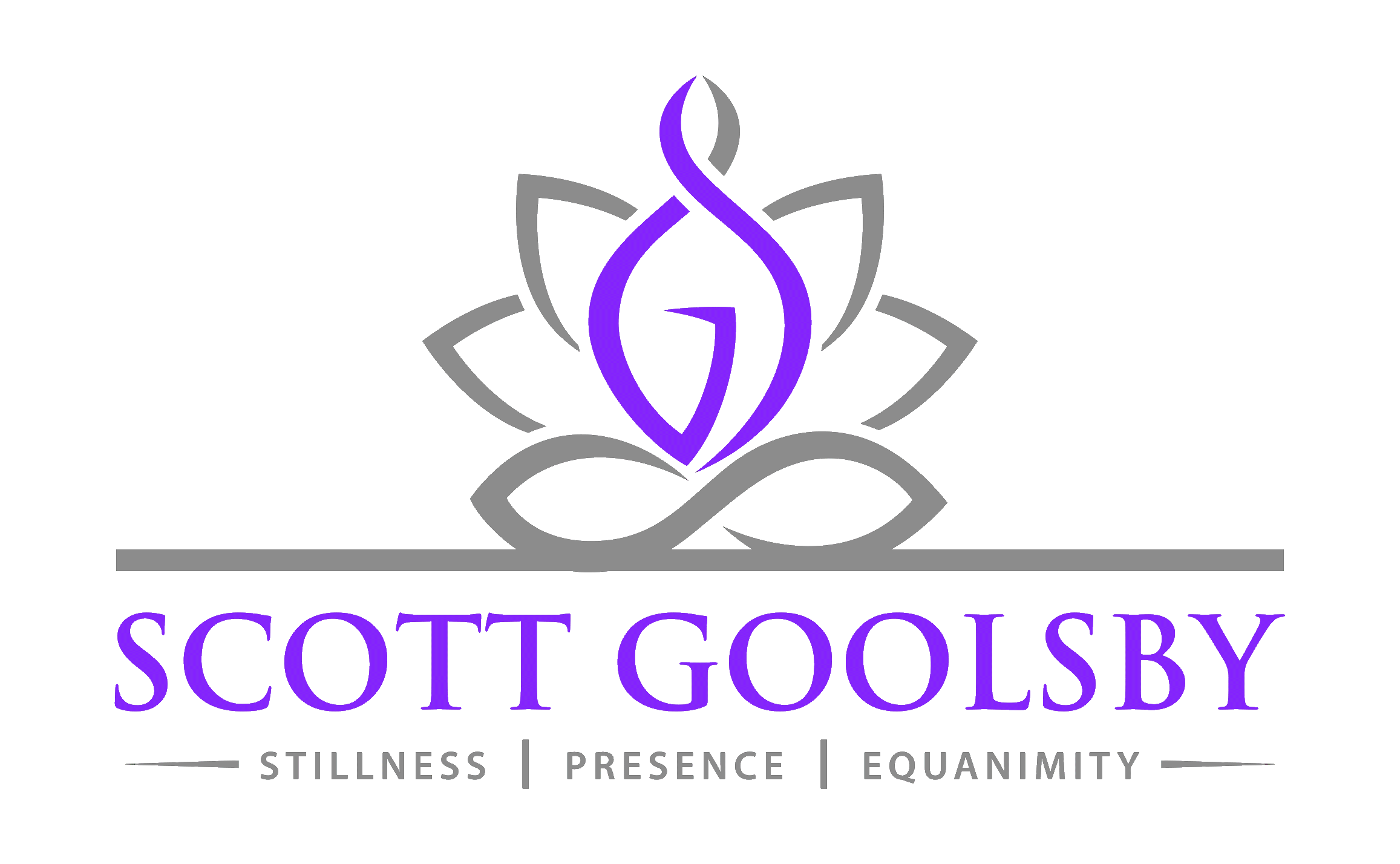The subject of religion is taboo for many people to speak about, however, it utterly fascinates me. Religion is perhaps one of the most powerful and influential forces throughout history. It has taken us to the heights of our sublime and beautiful feats and to the depths of our most despicable and gruesome acts.
In the past three weeks several friends have asked me about my thoughts on various branches of Christianity as well as other world religions. My thoughts on any religion are basically the same: they are all good at their core, but are often filled with corruption and a lust for power which shrouds the truth of the original teachings in fear, greed, and hatred. I have been reading The Power of Now and A New Earth by Eckhart Tolle and he really helped me solidify my thoughts on religions when he said “All religions are equally good and equally bad. It just depends on how we use them.”
All prophets from Christ, Buddha, Mohammed, and Krishna teach the same basic message and have all realized and tried to point to the same ultimate truth. Consequently, all religions seek the same thing, the Absolute, our truest nature, the Ultimate, God, or whatever their vocabulary may be. The nouns differ, as do the methods of attaining what is sought, but in essence, it is always the same end — getting away from our pain inducing, false, ego-derived sense of self, and realizing our true nature, that is pure being. In Christianity, this is the attainment of the Kingdom of Heaven, Christ Consciousness, or knowing God through Jesus the Christ, which is becoming free of pain and illusion of the ego self through God. In Buddhism, it is the realization of Sunyata and Nirvana, which are dissolution of the ego-self through the realization of emptiness and nothingness where pure, unadulterated consciousness and bliss exist. Schools of Hinduism, such as Advaita Vedanta, speak of attaining the Absolute from the opposite end of the spectrum, that is fullness, rather than emptiness. All is full of God, all is God. The totality of reality is nothing more than the divinity. Here, the ego self is dissolved in the realization that there is no “me” or “I” but only the fullness of God.
Nowhere is the commonality between all religions so obvious as it is when reading mysticism. There are branches of mysticism in every major world religion: Dzogchen in Buddhism, Gnosticism of Christianity, Sufism of Islam, Kabbalism in Judaism, Kashmir Saivism and Advaita Vedanta of Hinduism, are a very few examples. It is often difficult to tell just by reading passages from the world’s mystics which religion they adhere to because their words are so similar.
Why then, if the ultimate aim is the same, is there such dispute between religions of the world? When the founders of these religions were still alive, the message was still true to the founder’s experience. However, over time, religions start to be controlled by people who have not experienced fundamental consciousness, who begin taking the words of the prophets as absolute truth, rather than as signposts pointing to the Absolute reality, which can not really be truly described with words. Politics and fear come into play, and religion is used by frightened people to control others. Religion becomes a divisive tool to say that “We have the truth and no one else does”. It becomes a game of “us” versus “them”. This othering and separation then allows for violence and murder. This is evidenced most strongly in every form of religious fundamentalism today. The basic messages of love, acceptance, knowing God, and the true self are lost to fear, hatred, and greed.
So, what are my thoughts on religions? That, intrinsically, they are all good, but most of the time they are so covered in ego that they only serve to entrench the followers further into the world of form and illusion rather than taking them to their goal of finding the true self. Branches of mysticism, which are often lacking in this thirst for power and politics, and are often marginalized as a result, are the closest and truest aspects of the incarnations of the prophet’s original message.

